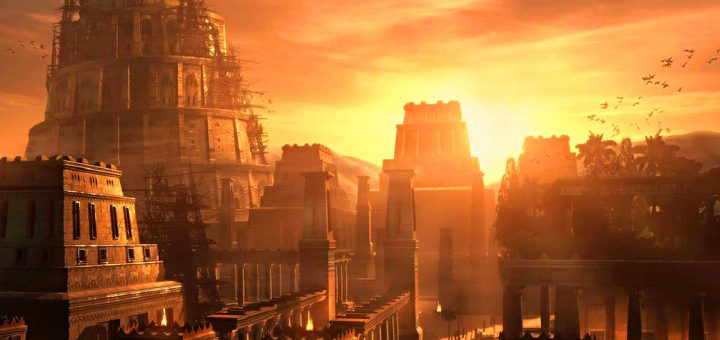Richest Man in Babylon 4 – Clay Tablets

Today’s post is our fourth visit to The Richest Man in Babylon by George Clason.
The Clay Tablets
The next chapter in the book purports to be a letter to a professor at Nottingham University, containing the translation of five clay tablets found in the ruins of Babylon.
The tablets are from Dasabir who we met in the previous article and tell the story which is now familiar to us:
- Dasabir has escaped from slavery in Syria and intends to pay off his debts
- He will save 10% of his earnings
- 70% of his earnings will be spent on a home, food, clothes and entertainment#
- 20% will go towards paying off his debts, and he has informed his creditors of this (most were agreeable)
The last three tablets describe the progress he makes in paying down his debts.
- Bookending the tablet translations are letters from the translator describing how he has put the plan from the tablets into practice in clearing his own debts (in the 1930s, ie. the future from when Clason is writing).
The Luckiest Man in Babylon
The next chapter tells the story of Sharru Nada, a merchant prince, and of his ex-business partner’s grandson Hadan Gula.
- Hadan’s father has squandered his inheritance, and Hadan himself has an eye for jewellery and wants to “live like a prince”.
Sharru tells Hadan a story of how he and Hadan’s grandfather (Arad) used to be slaves, having been used as bonds against loans that were not repaid.
Sharru talked himself into a job as a trainee (and slave) baker, and fancied himself “the luckiest man in Babylon”.
- Soon he is baking extra cakes in the afternoon to sell in the streets, keeping a quarter of the revenue.
Arad was one of his regular customers, a rug merchant.
- Eventually, Arad confided to Sharru that he was also a slave, in partnership with his master.
Arad has enough money saved to buy himself out of slavery but is afraid to stand on his own two feet.
- Sharru encourages him to take the leap, and he does.
Then Sharru’s master loses money at the gaming tables and pledges title to Sharru to secure a loan.
- The moneylender claims Sharru and takes him to work on digging a canal.
Months later, Sharru is told that his master has reclaimed him, but in fact, it is Arad, who wants Sharru to be his partner.
Tears of gratitude filled my eyes. I knew I was the luckiest man in Babylon. Work didst prove to be my best friend.
The story impresses Hadan:
Hadan Gula pulled the jeweled baubles from his ears and the rings from his fingers. He dropped back and rode with deep respect behind the Leader of the caravan.
And that’s it – we’ve finished the book.
- The final quarter was very thin.
I’ll be back in a few weeks with a summary of the four articles to date, and the lessons we can learn from the book.
- Until next time.














